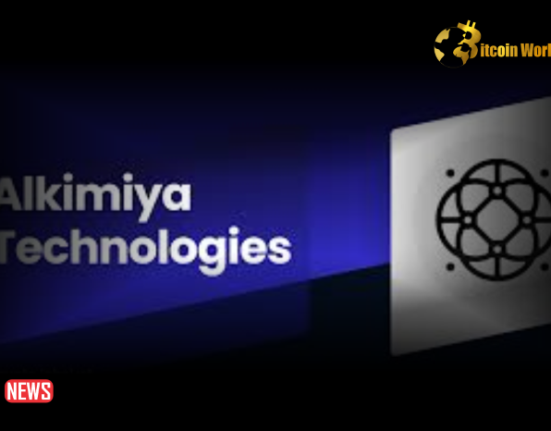Stablecoins and Ether are commodities, according to the head of the United States Commodities Futures Trading Commission (CFTC), and should be regulated by the CFTC.
When Senator Kirsten Gillibrand asked CFTC Chair Rostin Behnam about the differing views held by the regulator and the Securities and Exchange Commission (SEC) following the CFTC’s 2021 settlement with stablecoin issuer Tether at a Senate Agriculture hearing on March 8, Behnam said: “Notwithstanding a regulatory framework around stablecoins, they’re going to be commodities in my view.”
“Our enforcement staff and the commission were clear that Tether, a stablecoin, was a commodity,” he continued.
In the past, the CFTC has claimed that some digital assets, such as Ether and Bitcoin, were commodities, such as in its mid-December action against FTX founder Sam Bankman-Fried. When asked what evidence the CFTC would present during the Senate hearing to gain regulatory influence over Ether, Behnam stated that it “would not have allowed” Ether futures products to be listed on CFTC exchanges if it “did not feel strongly that it was a commodity asset,” adding, “We have litigation risk, we have agency credibility risk if we do something like that without serious legal defenses to support our argument that [the] asset is a commodity.”
The remark appears to have solidified Behnam’s often shaky stance on Ether categorization. During an invite-only seminar at Princeton University last November, he stated that Bitcoin was the only cryptocurrency that could be considered a commodity, excluding Ether. About a month ago, he proposed that Ether be considered a commodity as well.
Behnam’s latest statements contradict SEC head Gary Gensler’s declaration in a Feb. 23 New York Magazine interview that “everything except Bitcoin” is a security, a claim that has been refuted by many crypto attorneys. The market regulators’ opposing opinions may set the ground for a clash as each vies for regulatory control of the crypto business.
The SEC exercised its muscle against stablecoin issuer Paxos in mid-February, stating that it may sue the company for breaching investor protection rules by asserting that its Binance USD stablecoin is an unregistered security.
Around the same time, the SEC targeted Terraform Labs and declared their algorithmic stablecoin TerraUSD Classic (USTC) security, a move that Delphi Labs general counsel Gabriel Shapiro described as a “roadmap” for how the SEC can organize future claims against other stablecoin issuers.
The SEC’s crypto crackdowns have received criticism from the industry. Circle founder and CEO Jeremy Allaire stated that he does not believe “the SEC is the regulator for stablecoins,” and that they should be supervised by a banking regulator.














